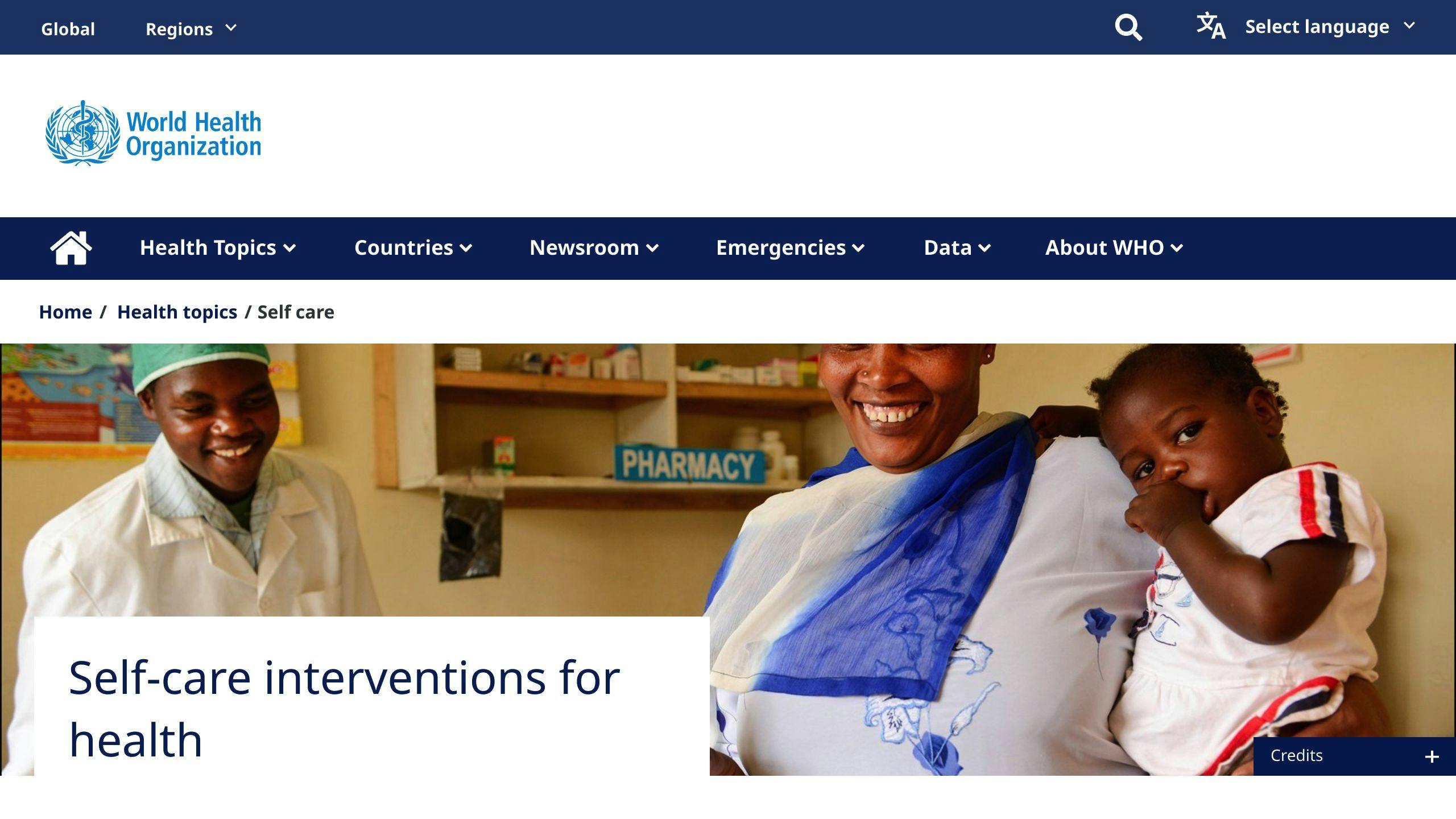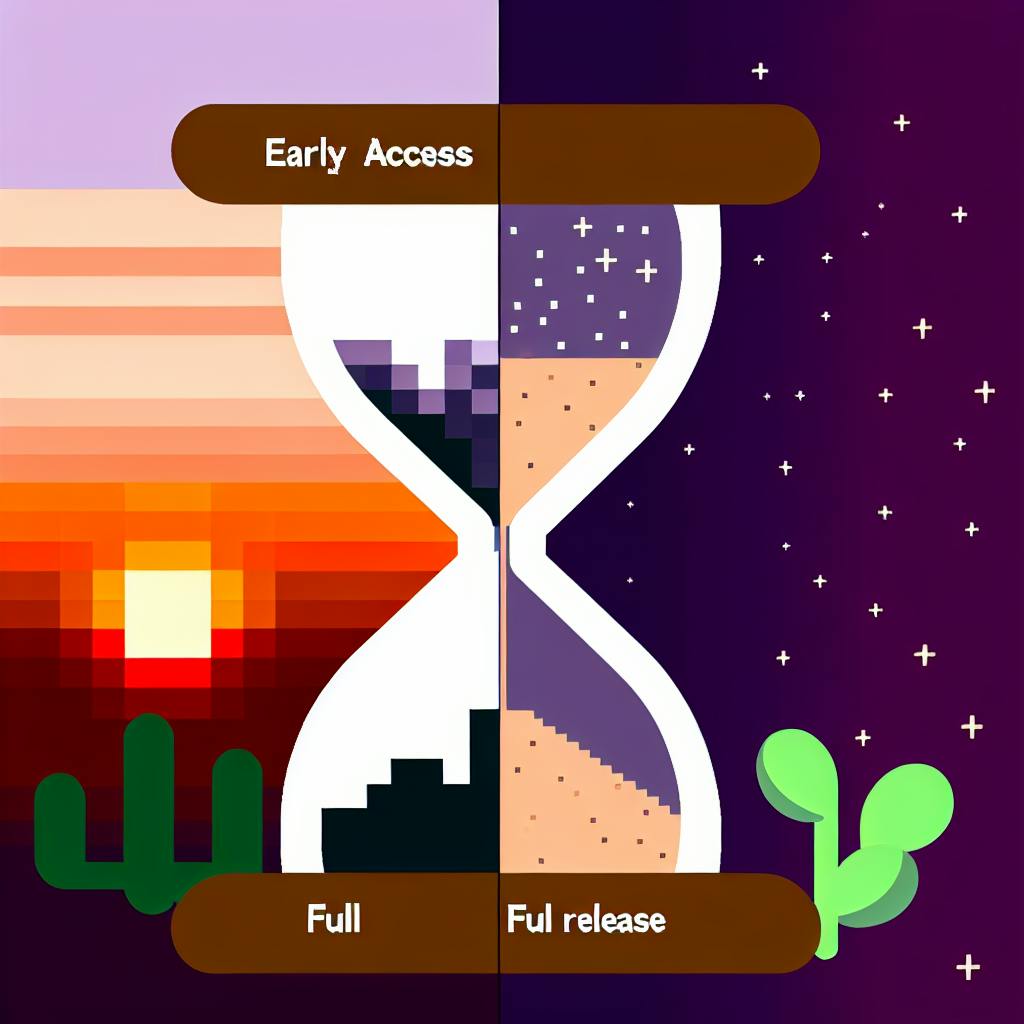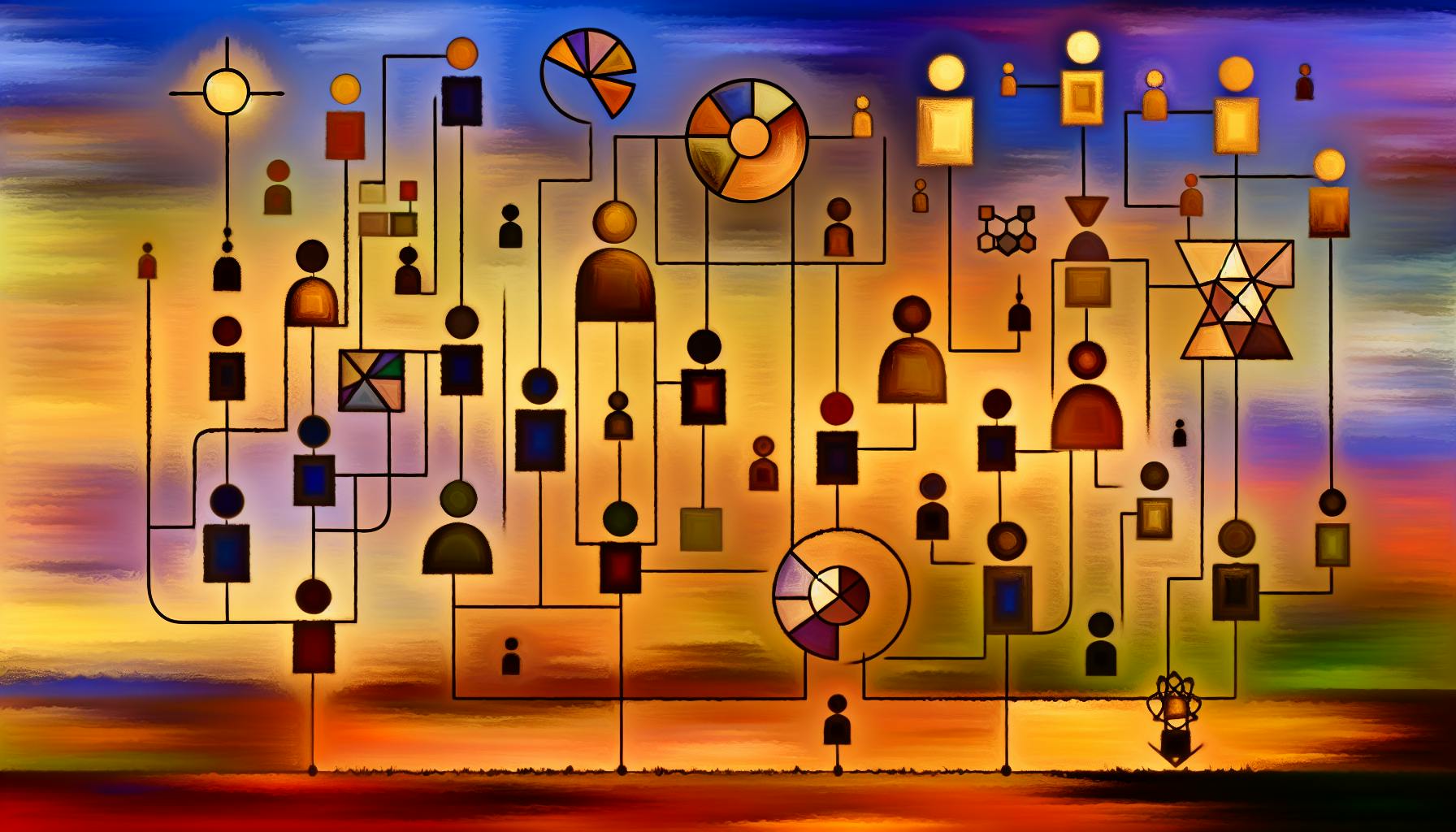If you're a content creator, balancing work and well-being is crucial for your mental health. This guide covers the challenges and solutions:
- Common Mental Health Problems: Burnout, anxiety, depression, and poor work-life balance.
- Unique Pressures: The constant need for creativity, managing an online reputation, and the impact on mental health.
- Recognizing Signs of Distress: Physical symptoms, emotional changes, alterations in work habits, social withdrawal, and loss of confidence.
- Strategies for Balance and Well-being:
- Setting boundaries around content creation.
- Integrating self-care and stress relief practices.
- Building a support community of fellow creators.
- Seeking professional help when needed.
This guide aims to help you manage the stresses of being a content creator, ensuring you can continue to do what you love while taking care of your mental health.
The Overwhelming Need for Consistent Creativity
Being a content creator means you have to keep coming up with new ideas and share stuff regularly. This need to always be creative and post often can wear you out.
- Feeling like you need to post new content several times a week, or even every day, to keep people interested is tough. Thinking of new things all the time is really hard.
- Trying to make sure everything you post is top-notch, even when you're rushing, adds more stress and worry.
- Getting burned out happens when creators put all their energy into making new content without stopping. This can make them lose their love for creating.
Managing a Personal Brand and Online Reputation
Keeping up an online image is hard work and can mess with your head.
- When creators put a lot of themselves into their work, they feel a lot of pressure to be perfect for their followers.
- They also have to handle mean comments or people not liking their work, which can make them feel really down, scared to be social, or want to be alone.
- Tying how good they feel about themselves to how well their content does or what people think can make it really hard when things don't go well.
It's tricky to be true to yourself while also trying to meet what your audience wants, especially when you're working on growing your brand.
Recognizing the Signs of Burnout and Mental Distress
As a creator, it's key to spot early signs of burnout or feeling mentally unwell. Catching these signs early can help you deal with them before they get too big.
Here are some common signs to watch for:
Physical Symptoms
- Always feeling tired and lacking energy
- Having headaches or other pains that don't go away
- Eating more or less than usual, or having trouble sleeping
- Getting sick a lot
If you're seeing these physical signs, your body might be trying to tell you something's wrong. Don't just brush them off.
Emotional Changes
- Feeling sad, empty, or without hope
- Getting irritated or upset easily
- Not enjoying things you used to like
- Feeling nervous or can't sit still
Mental stress can show up in different emotional ways. If you notice changes in how you feel or lose interest in making content, pay attention.
Work Habits Alterations
- Finding it hard to focus or make decisions
- Not being as creative or your work isn't as good
- Missing deadlines or not finishing projects
- Working all the time to avoid dealing with problems
Keep an eye on how you work. If you're avoiding tasks, not doing as well, or working too much, these could be signs of trouble.
Social Withdrawal
- Taking sick days to avoid people
- Saying no to going out
- Only talking about work
- Spending less time with friends and family
If you're pulling away from people, it's often a sign of distress.
Loss of Confidence
- Being really hard on yourself or doubting yourself
- Not feeling good about what you've done
- Thinking others are disappointed in you
- Saying sorry too much for small things
Notice if you're often down on yourself or your work. Feeling like a fraud or being overly critical can be signs of deeper issues.
Spotting these issues early lets you help yourself by taking breaks, changing your schedule, getting help from others, therapy, medicine, or changing your lifestyle. Don't ignore these signs - taking care of your mental health is most important. It's okay to ask for help when you need it.
Achieving Work-Life Balance and Well-Being
Setting Boundaries Around Content Creation
It's really important to set clear rules about your work time to keep your mental health in check and avoid getting too tired. Here are some simple ways to do that:
- Pick Work Hours: Choose specific times for work and make sure to take breaks. Don't work too late into the night.
- Silence Notifications: Keep your phone and computer quiet when you're not working. This helps you take real breaks.
- Keep Work and Home Separate: If you can, work in a different room from where you relax. It helps you know when work ends.
- Plan Fun Stuff First: Make time for fun activities, exercise, or hanging out with friends before you schedule work. This makes sure you have time for yourself.
- Tell People When You're Free: Let your clients and work friends know when you can and can't work. This helps everyone know what to expect.
Integrating Self-Care and Stress Relief Practices

Taking care of yourself and finding ways to relax is super important. Even just 30-60 minutes a day can make a big difference. Try:
- Exercise: A quick walk, a workout video, or a yoga session can help you feel less stressed.
- Writing Down Your Thoughts: Keeping a journal helps you understand your feelings better.
- Meditation and Breathing: Try using apps for guided meditation. Deep breaths can also help you relax.
- Do What You Love: Spend time on hobbies that aren't about work. This could be painting, cooking, or anything else you enjoy.
- Hang Out With Friends: Being with people who support you is really good for your mental health. Use video calls if you need to.
- Talk to Someone: If things get tough, talking to a therapist can help. They can give you advice on how to handle stress.
Building a Support Community of Fellow Creators
Talking with people who understand what you're going through can make you feel less alone. Here are some ways to connect:
-
Join Groups: There are online meetings where creators share their experiences. It's a good place to find advice.
-
Find a Mentor: Look for someone who's been in your shoes and can guide you.
-
Work Together: Join a small group where everyone helps each other reach their goals.
-
Use Online Forums: There are places online where creators talk about their work and life. It's a good spot to share and get help.
Seeking Professional Help When Needed
If things get really hard and you're struggling to cope, it's okay to ask for help.
- Talk to Your Doctor: If you're feeling down or anxious, your doctor can help you find the right person to talk to.
- Find a Therapist: There are websites where you can look for someone to talk to who understands what you're going through.
- In an Emergency: If you're thinking about hurting yourself or you're in a crisis, call for help right away.
Getting help when you need it is really important. Taking care of your mental health helps you do your best work.
sbb-itb-bc761f5
Case Studies: Balancing Mental Health and Content Creation
Here are some stories about people who make content and have found good ways to take care of their mental health while still doing their work:
Setting Clear Boundaries and Integrating Self-Care
John makes funny videos and vlogs on YouTube. He was feeling really tired and worried all the time because of the pressure to keep making new videos.
To make things better, John decided to:
- Take Tuesdays and Thursdays off to do things he enjoys, see friends, and take care of himself by exercising, writing in a journal, and spending time outside.
- Turn off all work messages during his days off.
- Start seeing a therapist every two weeks. Talking about his problems helped him deal with tough times and negative comments better.
After John made these changes, he felt a lot better. He wasn't as tired, liked making videos more, and his videos got even better.
Forming a Community and Support System
Sarah writes a blog about living in a way that's good for the planet and nature. She liked making content but often felt alone and stressed trying to do everything herself.
To help, Sarah joined a group of bloggers who talk about the same stuff. They meet online every week to talk about what's hard, give advice, work on projects together, and support each other.
Having this group made Sarah feel much better. She didn't feel alone anymore, got good tips on how to manage her work, and her blog started doing better because she worked with her new friends.
Knowing When to Seek Help
James makes a comedy podcast and has been dealing with depression for a long time. When the pandemic hit, he felt even worse and started thinking about harming himself.
James decided to get help. He found a therapist online who knows a lot about helping artists and creators. Talking about his feelings helped James feel hopeful again.
His therapist also helped him change his podcast schedule so he wouldn't feel so pressured. This change, along with therapy and medication, helped James feel better and keep making podcasts his fans enjoy.
Conclusion and Final Thoughts
Making content is really rewarding, but it also has its tough parts, especially on our minds. It's super important for us creators to look after our mental health so we can keep doing what we love for a long time.
Here's what we should remember:
- Catch any burnout or stress signs early. Keep an eye on how you're feeling physically and emotionally, how you're working, if you're pulling away from friends, or if you're starting to doubt yourself. It's easier to deal with these issues if we spot them early.
- Make clear rules for when and how you work. Choose work hours, turn off notifications when you're off, keep your work area separate from where you chill, plan fun stuff before work stuff, and let people know when you're available.
- Take care of yourself every day. Even just a little time spent on exercise, writing down your thoughts, chilling out with deep breaths or meditation, doing hobbies, hanging out with friends, or talking to a therapist can really help.
- Hang out with other creators. Being part of groups, finding a mentor, working on projects together, or chatting on online forums can make you feel supported and less alone.
- It's okay to ask for professional help if you're feeling really down or anxious. Putting your mental health first is always the right move.
Getting the balance right between work and looking after ourselves helps us keep making content we're proud of in a way that's good for us. By taking care of our minds, we can be more creative, real, and positive in our work. Our content gets better, and so do our lives.
Related Questions
How can you promote mental health and wellbeing?
Here are some simple ways to feel better mentally:
- Take it easy and cut down on stress with things like deep breathing, yoga, or just taking short breaks.
- Keep your brain active and happy by learning new stuff, facing challenges, and being creative with hobbies or projects.
- Spend time outside in nature by walking, hiking, or just sitting in a park.
- Make friends by reaching out, joining clubs, or helping out in your community.
- Look after your body with good food, exercise, and enough sleep.
- Try to sleep better and more regularly.
How can I balance my work and mental health?
- Make a to-do list for each day that's actually doable.
- Focus on what needs to get done first and drop tasks that aren't as important.
- It's okay to ask for help to avoid getting too stressed.
- Take short breaks throughout the day to relax.
- Make sure to have time when you're not working, like evenings or weekends.
- Don't answer work messages or emails when you're off.
- Plan fun activities outside of work.
- Regularly check how you're feeling. If you notice you're not doing well, like not sleeping or feeling sad, get help.
How do you balance social media and mental health?
Here's how to keep social media from getting you down:
- Take breaks by setting time limits, turning off alerts, or having specific times when you don't use it.
- Pay attention to how you feel when you're on social media. Stop if you start feeling bad.
- Choose what and who you see in your feed to keep things positive.
- Remember, social media is not real life. It's just the best bits people choose to share.
- Use privacy settings to control who sees what you post.
- Make sure to spend time with people face-to-face, not just online.
- Do something more meaningful instead of just scrolling.
- If social media makes you feel bad about yourself or anxious, talk to someone about it.
Is content creator a stressful job?
Yes, making content can be stressful sometimes. Content creators have to constantly come up with, make, edit, and post a lot of stuff. They need to keep their audience happy and deal with changes in how platforms show their content. Finding ways to stay creative under pressure is key. Taking breaks, joining support groups, and being flexible can help with the stress. Even though it's hard work, creating content can be very rewarding.



